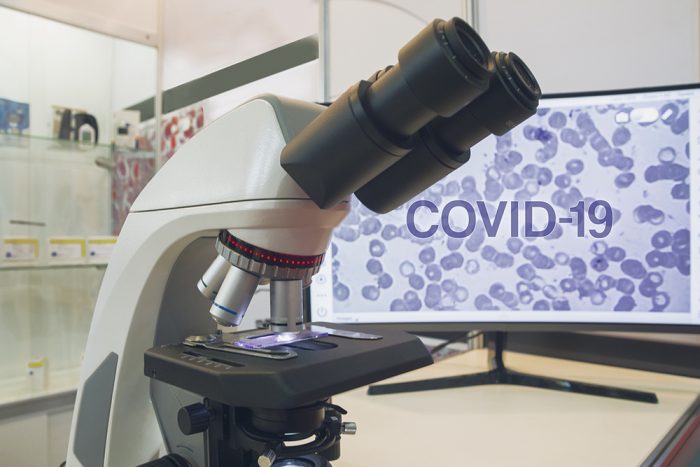Today CMS released guidance to the State Medicaid Directors regarding the 10% increased Federal Medicaid Assistance Percentage (FMAP) for certain Medicaid expenditures for Home and Community-Based Waiver Services (HCBS). States must use the funds to supplement and not supplant state funds expended for HCBS Waiver Services in effect as of April 1, 2021, and states must use state funds equivalent to the amount of federal funds attributable to the increased FMAP to implement or supplement the implementation of one or more activities to enhance, expand, or strengthen HCBS under the Medicaid program.
The purpose of this letter is to provide guidance to states on the implementation of section 9817 of the American Rescue Plan (ARP), as well as to describe opportunities for states to strengthen the HCBS system in response to the COVID-19 Public Health Emergency (PHE), increase access to HCBS for Medicaid beneficiaries, adequately protect the HCBS workforce, safeguard financial stability for HCBS providers, and accelerate long-term services and supports (LTSS) reform under section 9817 of the ARP.
This increased federal funding can help states increase community living options for people with disabilities, in accordance with Title II of the Americans with Disabilities Act, 42 U.S.C. §§ 12131–12134, as interpreted by the Supreme Court in Olmstead v. L.C., 527 U.S. 581 (1999), which requires public entities to administer services to individuals with disabilities in the most integrated setting appropriate to their needs.
In addition, this letter updates Medicaid retainer payment policy for HCBS providers during the COVID-19 PHE.
The letter outlines additional guidance.


















